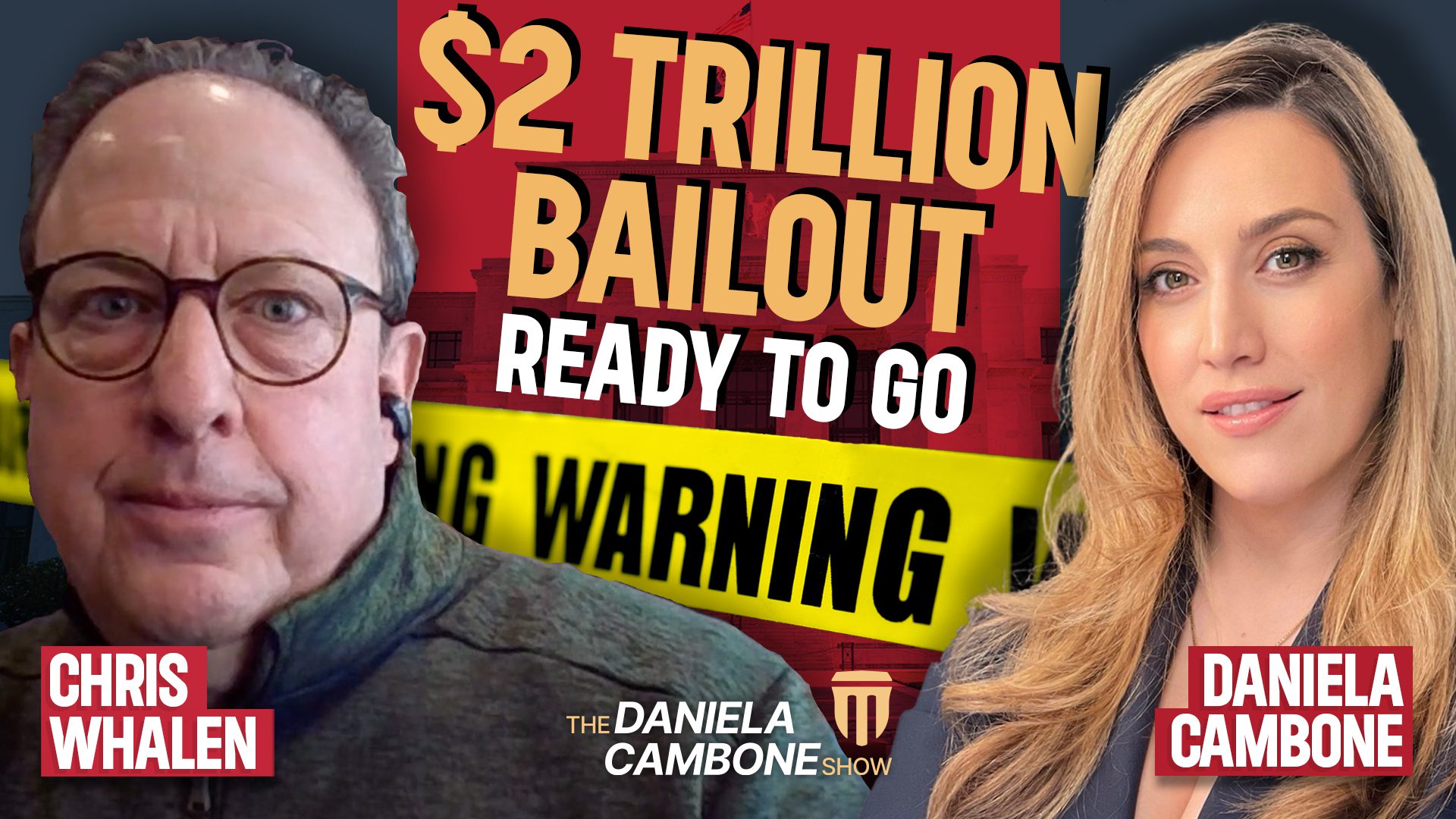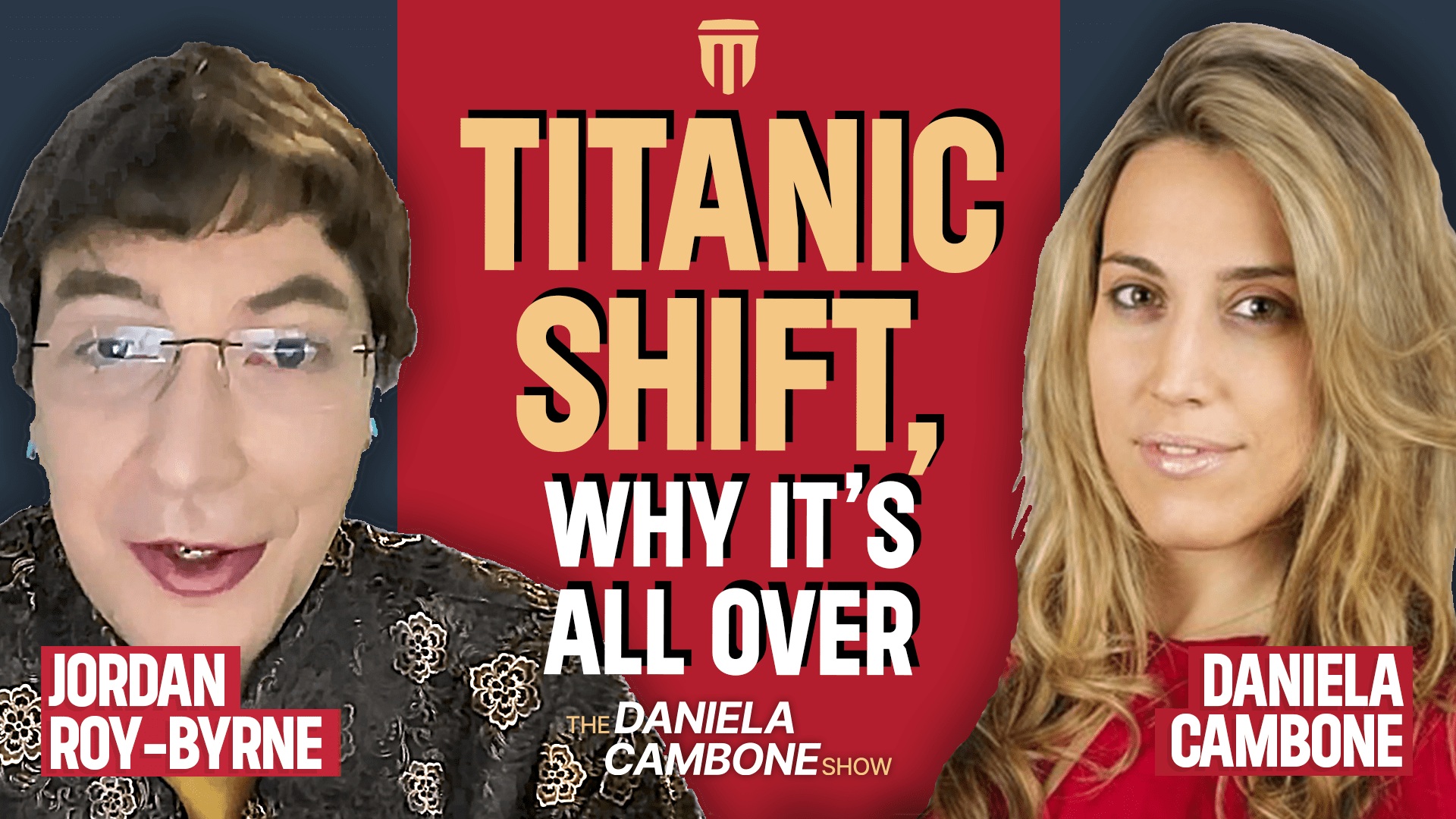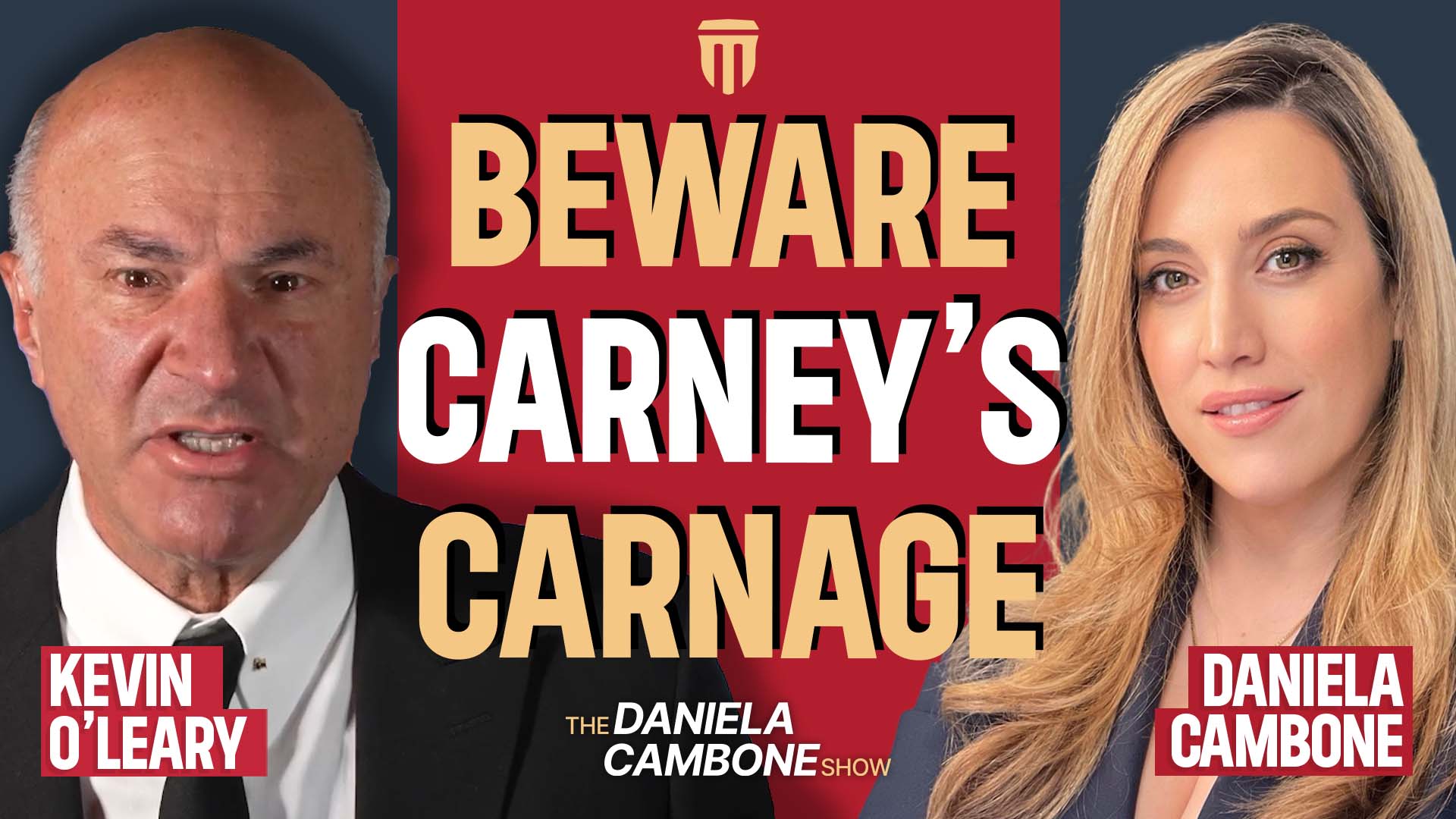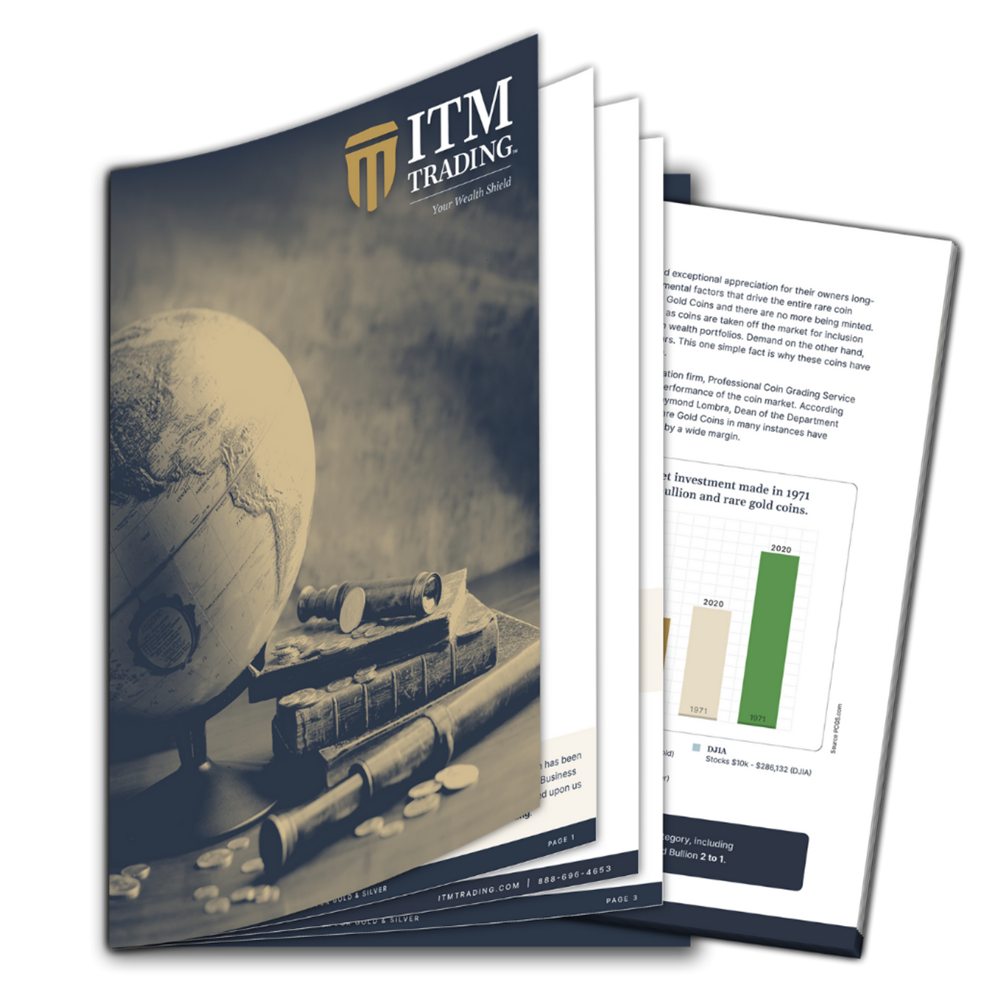US Banks ‘Massaging the Numbers’ – Nomi Prins Warns It All Comes Crashing Down in 2025
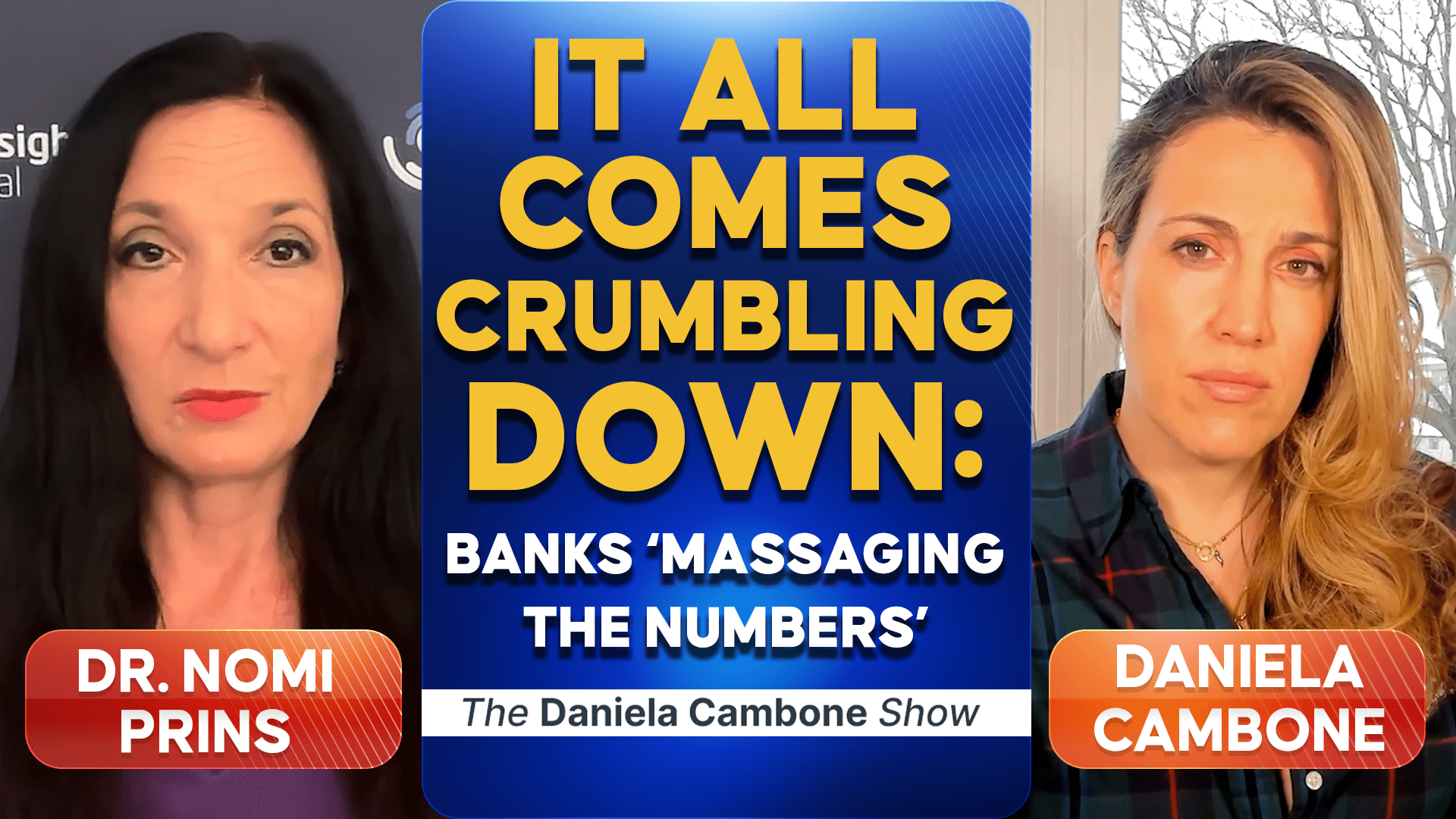
QUESTIONS OR CONCERNS? Talk With An ITM Trading Analyst Now: Schedule a Free Strategy Call or Speak to Someone Now at 866-706-9061.
We’re going to see a ‘knock-on’ effect on commercial real estate loans, with ripple effects from store closures, rising vacancies, and mounting consumer and corporate debt in 2025, warns Nomi Prins, renowned American economist, author, journalist, and public speaker.
In this episode of our 2025 Outlook Series with Daniela Cambone, Prins dives into pressing financial concerns, including the exponential growth of U.S. debt, uncertainties surrounding U.S. trade, and the risky “extend and prevent” practices by banks. “There’s just been a lot of massaging of numbers on a lot of the books of banks because of these extensions of loans, which allow you not to take a loss, and because there are just more problems coming in,” Prins warns, shedding light on looming risks for banks as we head into 2025.
A New Year, Old Challenges
Dr. Prins emphasized that despite the optimism surrounding a new administration, the economic realities paint a sobering picture. The U.S. debt has surged to $36 trillion, up from $31.4 trillion just two years ago. At this pace, the debt could surpass $40 trillion by the end of this administration. This alarming trajectory underscores a systemic issue: for every $3 borrowed, only $1 of economic growth is generated. This unsustainable debt-to-GDP ratio raises concerns about the long-term viability of the U.S. economy.
The Twin Threats of Slowing Growth and Lingering Inflation
The juxtaposition of slowing economic growth and persistent inflation continues to define the current economic climate. Inflation, while slightly easing from its peak, remains a burden on households and businesses. Dr. Prins explained that the Federal Reserve’s monetary policies have so far failed to address these dual challenges effectively. Although there is some anticipation of rate cuts later this year, the economic slowdown could necessitate more aggressive measures from the Fed.
The Impact of Tariffs and Global Trade Shifts
Another critical issue discussed was the impact of tariffs on the U.S. economy. Both the Trump and Biden administrations implemented tariffs on various imports, particularly from China. While intended to bolster domestic industries, these tariffs have often resulted in higher costs for consumers. Additionally, they have prompted trading partners like China to shift their focus to other global markets, reducing their reliance on U.S. trade. This realignment has significant implications for industries dependent on international supply chains, further exacerbating economic distortions.
The Ripple Effects of Rising Delinquencies
Dr. Prins shed light on the troubling rise in commercial loan delinquencies, now at levels not seen since the 2008 financial crisis. These delinquencies highlight vulnerabilities within the banking sector, compounded by the practice of “extend and pretend,” where banks defer recognizing loan losses. This approach creates an illusion of stability but ultimately weakens the financial system. For individuals and small businesses, this could mean restricted access to credit and higher borrowing costs, adding to the economic strain.
Safeguarding Wealth in Uncertain Times
For those approaching or in retirement, these economic challenges underscore the importance of protecting financial security. With traditional financial institutions under pressure and government policies often failing to inspire confidence, many investors are turning to tangible assets like gold and silver. These assets offer a hedge against inflation and economic uncertainty, providing a sense of stability in a volatile market.
Key Takeaways for 2025
As Dr. Prins noted, the interconnected nature of these economic issues—from rising debt and inflation to global trade shifts and banking vulnerabilities—demands a proactive approach to wealth management. Here are some actionable insights:
- Stay Informed: Understanding the broader economic trends is crucial for making informed investment decisions.
- Diversify Assets: Including tangible assets like gold and silver in your portfolio can provide protection against inflation and market volatility.
- Plan for the Long Term: Economic challenges are unlikely to resolve quickly. A resilient financial strategy is essential for navigating these uncertainties.
For over 28 years, ITM Trading has empowered individuals to protect and grow their wealth through tailored solutions. If you’re concerned about the rising U.S. debt, inflation trends, and safeguarding your retirement, now is the time to act. Explore how tangible assets like gold and silver can fortify your portfolio against economic instability.
Visit ITM Trading today to learn more and take control of your financial future.


